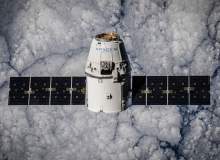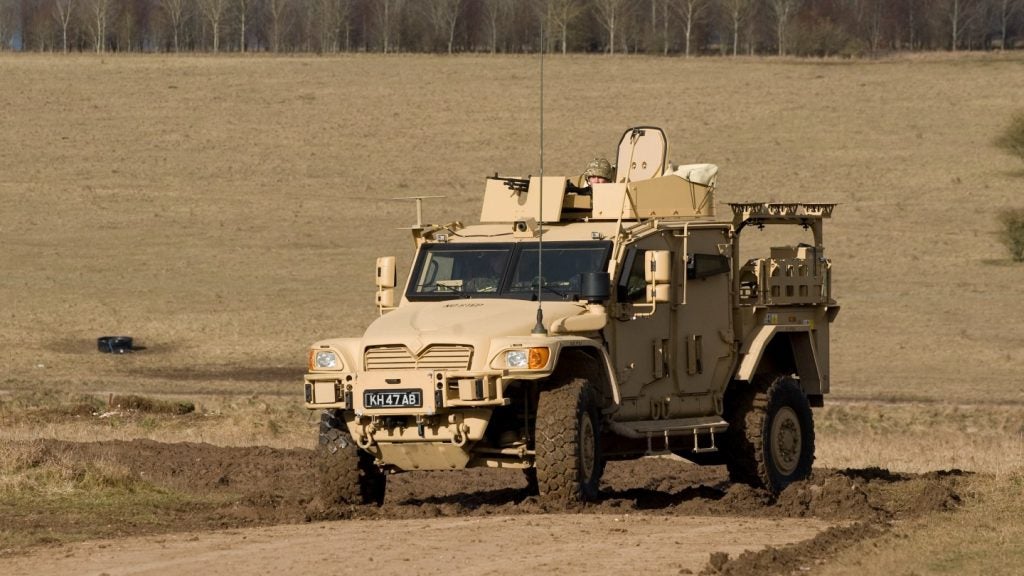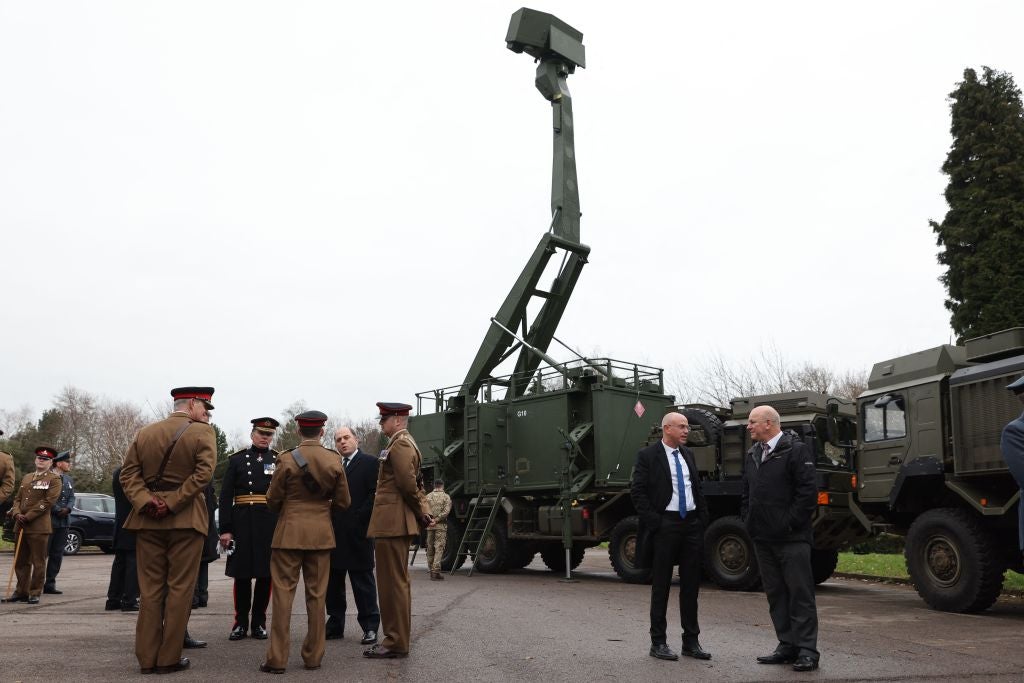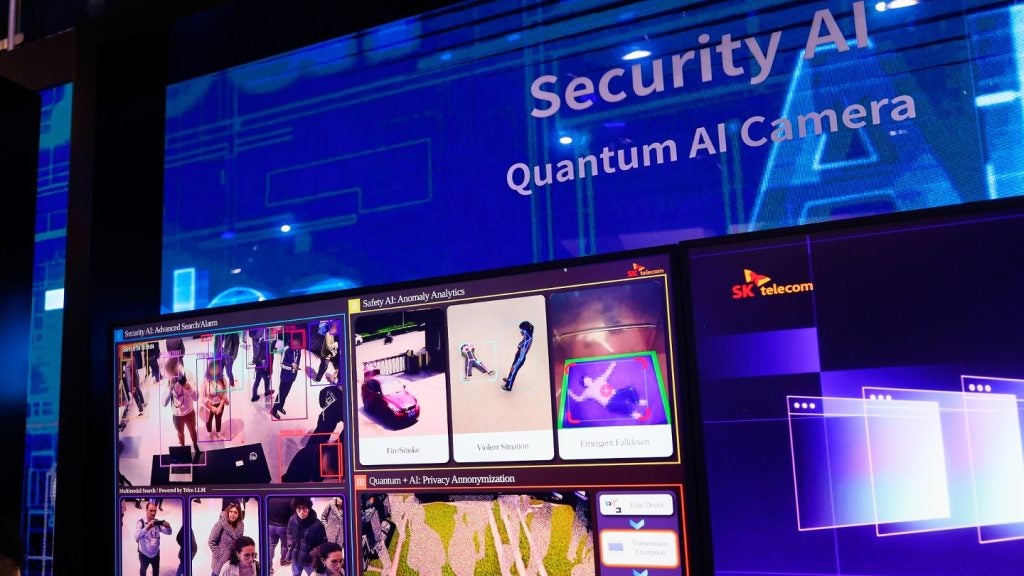

Elon Musk – CEO and CTO of SpaceX – intends to bring the World Wide Web to the entire world. In November 2014, he revealed that the company was working on "advanced micro-satellites operating in large formations", spurring speculation that he intended them to offer worldwide connectivity; in January 2015, he confirmed these plans, announcing the development of a "global communications system". This will serve as the "primary means of long-distance Internet traffic" in "sparsely populated areas".
It’s important to remember that the project is still very much "in the works". There are several logistical problems to solve – SpaceX may have built rockets, but building several hundred expensive satellites is an entirely different proposition – the corporation has offered no timeline, and Musk’s focus is famously scattered: at present, he’s battling global warming at SolarCity, developing electric sports cars at Tesla Motors, and attempting to make his Hyperloop transport concept a reality. But if his constellation doesn’t come to fruition, another one surely will: Google (who have invested in SpaceX’s venture) announced plans for their own fleet of satellites in June 2014, Facebook intend to use drones to provide worldwide connectivity, and Greg Wyler’s OneWeb program is almost as far along as Musk’s – and has the backing of Richard Branson’s Virgin Group.
Whoever ends up winning the "space race", global internet access is looking more and more likely. All that’s assured at this point is that other companies in the low earth orbit space will be watching closely – Iridium in particular. Having paid SpaceX close to $500m to launch and refresh its 66-satellite low earth orbit (LEO) constellation between 2015 and 2017, it now finds itself financing a potential long term competitor.
A noble goal but one with major military implications
Providing internet access to the masses is a noble enough goal, but it could have major military implications. Imagine an enemy with ubiquitous access to beyond line-of-sight (BLOS) bandwidth. Suddenly they have the ability to send high resolution imagery, or live video surveillance to their forces regardless of where they’re based. A smart phone with access to LEO internet could provide higher BLOS comms, intel and command and control capability than is currently available to Western militaries.
See Also:
The latest news from SpaceX suggests that worldwide, high-speed internet is on the way, and military organisations don’t want to be caught out when that day comes. There will be trepidation around routing data through commercial networks, but friendly forces will need to weigh up risk versus capability.
How well do you really know your competitors?
Access the most comprehensive Company Profiles on the market, powered by GlobalData. Save hours of research. Gain competitive edge.

Thank you!
Your download email will arrive shortly
Not ready to buy yet? Download a free sample
We are confident about the unique quality of our Company Profiles. However, we want you to make the most beneficial decision for your business, so we offer a free sample that you can download by submitting the below form
By GlobalDataTypical AES256 encryption employed by many commercial organisations like Skype for example, is equivalent to NSA encryption which requires the use of AES with 256-bit keys. We could realistically end up in a situation where insurgents are using tablet computers and digital cameras hooked up to a SpaceX satellite, to broadcast live, 24-hour video surveillance of troop movements across huge distances, while allied forces struggle with the age old urgent operational requirement that is BLOS comms.
Militaries need to assess the cost effective increases in capability that short burst data can give them now, and commercial internet can provide in the medium term. Whether it’s Wyler, Zuckerberg, or Musk who finally takes the World Wide Web to the 4.2 billion people around the world that still go without, militaries will quickly need to come to terms with the implications this technology has for situational command and control – and decide what trade-offs they’re prepared to make in order to keep pace with the evolving 21st century battlefield. In the face of newly empowered, better-equipped enemies, they’ll need all the help they can get.
Giles Peeters is Defence sector director at Track24


.gif)




